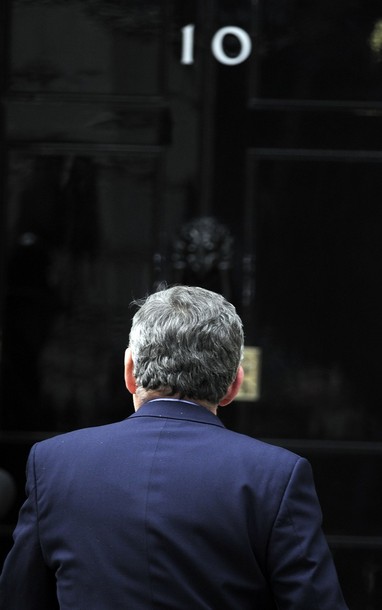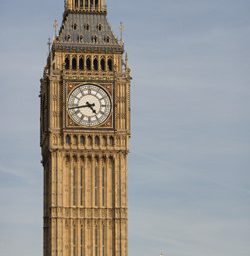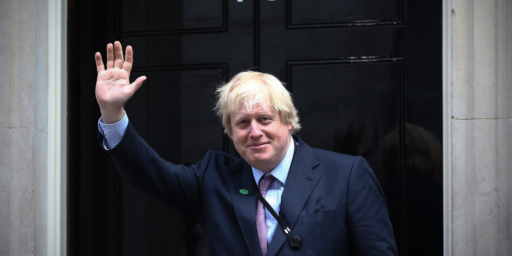Britain After Brown
 As Doug noted yesterday, Gordon Brown announced his resignation as prime minister and party leader in a bold gambit to secure a progressive Labour-Liberal Democrat coalition. He failed. All signs point to an imminent power sharing arrangement between the plurality winning Conservatives and the third place Lib Dems. Former Sun political editor George Pascoe-Watson is tweeting that the Lib Dems would get “six cabinet posts” with Clegg as “deputy PM.”
As Doug noted yesterday, Gordon Brown announced his resignation as prime minister and party leader in a bold gambit to secure a progressive Labour-Liberal Democrat coalition. He failed. All signs point to an imminent power sharing arrangement between the plurality winning Conservatives and the third place Lib Dems. Former Sun political editor George Pascoe-Watson is tweeting that the Lib Dems would get “six cabinet posts” with Clegg as “deputy PM.”
As I argue in my New Atlanticist post, “Tory-Lib Dem Coalition Imminent, Inevitable,” it really couldn’t have gone the other way.
While the messy outcome left unclear what the British electorate wanted, it was quite clear what they didn’t want: Five more years of Gordon Brown. To be sure, as The Atlantic‘s Andrew Sullivan points out, “63 percent of Britons did not want a Tory government after 13 years of Labour.” But that’s a function of multiple alternatives.
It would have been simply bizarre to have run as an alternative to Labour and then form a government that kept Labour in charge. Tory leader David Cameron knew it and refused to concede much on the issue of electoral reform. And Labour wasn’t exactly all-in either, with some key leaders figuring they were better off in opposition, anyway, given the current political and economic climate.
So, we’ll soon have a new government in the UK. We’ll see how long it lasts.





